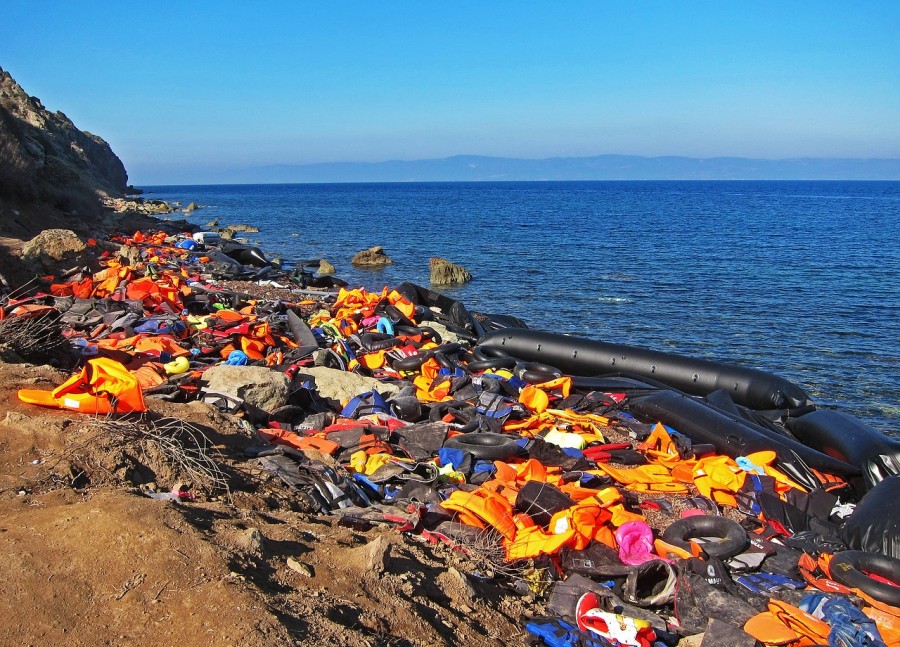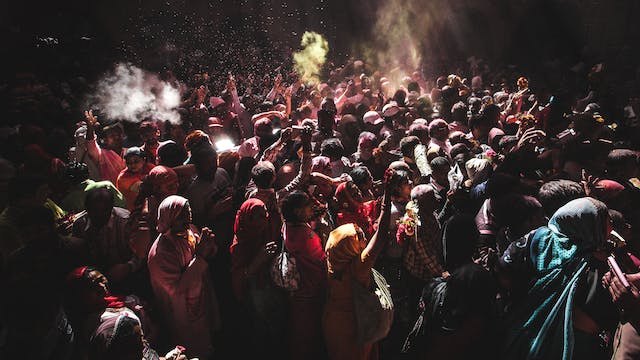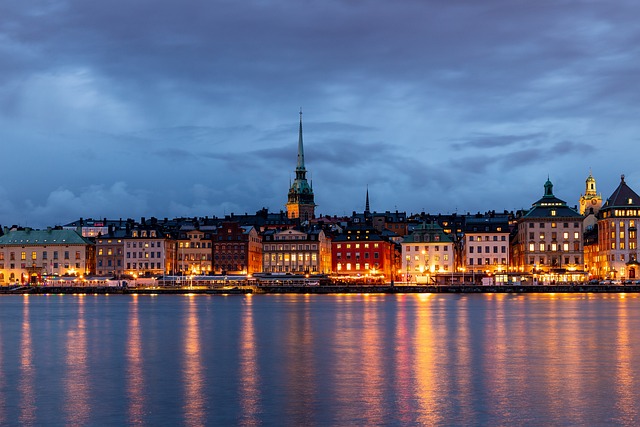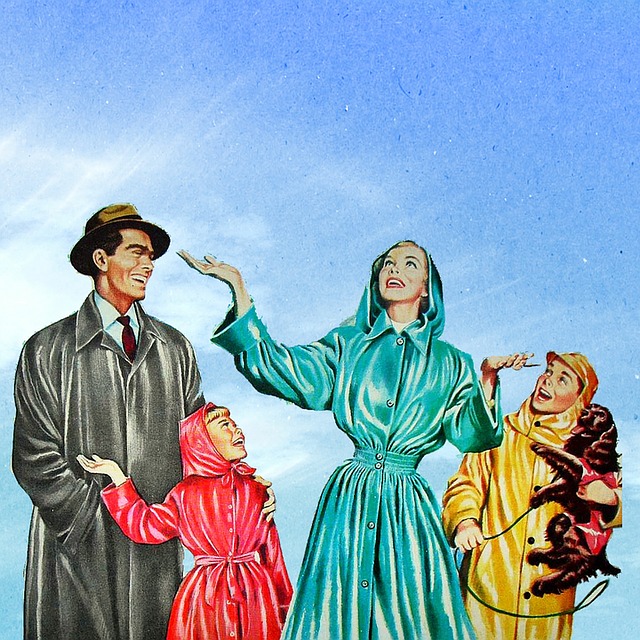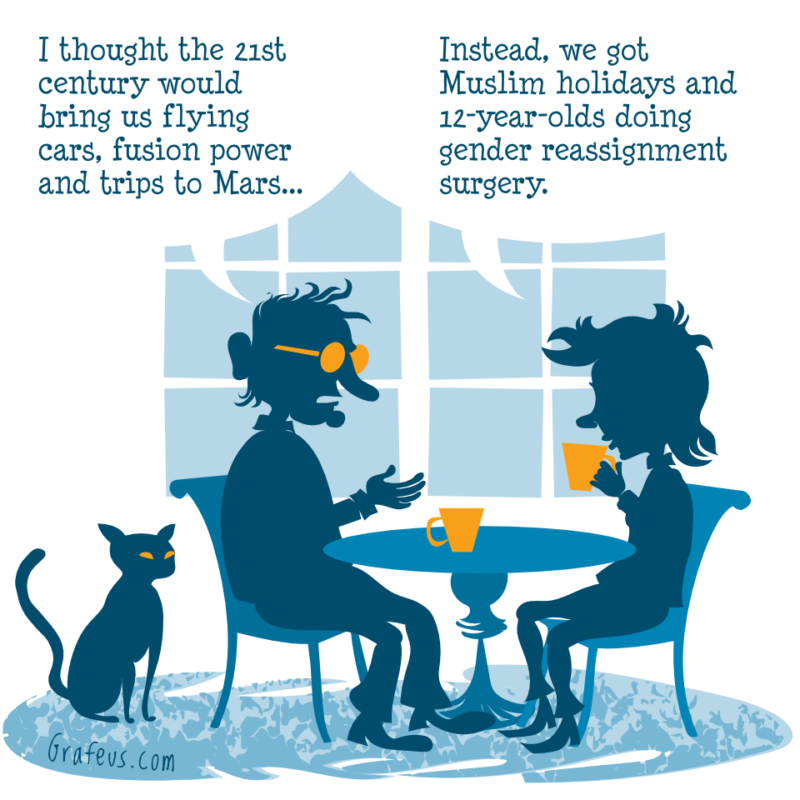Being against mass migration is completely uncontroversial
Being opposed to mass migration and wanting to send back migrants who cannot support themselves is completely uncontroversial, and barely makes a dent in the political grey area of centre politics. Those in favour of tax-funded population exchange are the real extremists. And instead of an objective debate, they get hung up on terms like … →
If integration does not work, is there any point in immigration?
The migration debate is largely about assimilation or integration, which means that immigrants adapt fully or partially to the new culture of the new country. They learn both language and customs. Integration is considered important. Both those in favour and against immigration are upset when people who have lived their whole life in the new … →
Limited growth in an infinite world
There is a lot of talk about growth in economic discussions, often with the hope that it will last forever. But we know that this is not the case; sometimes there are hiccups in the machinery in the form of economic crises, recessions, etc. On the other hand, we have not experienced real paradigm shifts … →
More and more Swedes are waking up to a country they don’t recognise. What happened? And what mistakes were made?
More and more Swedes are waking up to a country they don’t recognise. You can accuse them of much, of having slept away several decades, or of having backed substandard political parties for too long. But nevertheless, many are waking up now, in the wake of culture clashes, increased crime and violence. Many mistakes were … →
How will the battered Sweden be restored?
We see either deep complaints or childish excuses. Rarely bold proposals that could reverse the trend; let’s give it a try. Governmental subsidies and grants for refugees (non-citizens) are time-limited, they start to be phased out after 6-12 months. Migrants and refugees should not be a burden on society and taxpayers, as stated in the … →
The great experiment
Since the year 2000, over 1.5 million migrants have arrived in Sweden. Most have arrived as refugees or family members. Although few of them meet the UN refugee criteria. They have been welcomed into the country, initially supported by taxpayers, but also for a long time afterwards, as many find it difficult to enter the … →
Christian conservatism and activism in the wake of the migration crisis
Over the years, a counter-movement to globalism and mass migration has emerged. People who focus on traditional values, the local community, the family and the church. Often called the Christian right, they are despised by both the left and liberals. They see themselves as the last refuge and saviours of Western civilisation. By re-Christianising Europe, … →
The potential public improvement and development benefits of migration
There is a lot of talk about population exchange, mass migration, not sending their best, etc. To put it bluntly, it is clearly not the rocket scientist who are arriving in the suburbs of the West, building mosques for oil money, demanding regulations and exemptions, subsidised and often supported by taxpayers. Nor is it the … →
The myth that immigration is profitable
In Sweden, immigration has been sold as a win-win situation for society, at least in the past, that migrants would get jobs and contribute to taxes and growth. They would also take care of our elderly, as well as contribute cultural enrichment. A win for all of us. DI (Sweden’s largest financial daily) has been … →
Isn’t it better to live in a warm shitty country than in a cold and dark one?
Many Swedes now live in a dysfunctional environment, with explosions, crime and high taxes but weaker social services. And more and more people are starting to wonder whether it wouldn’t be better to live in a warm shitty country than a cold and dark one? There are many countries in the world with half-assed public … →
What does the far right want?
We are not talking about the totalitarian ideologies of the early 20th century, but about the far right that is around us today. What do they really want? And how do their views differ from those of ordinary people? Perhaps they are inspired by the way we lived a few decades ago, when things were … →

